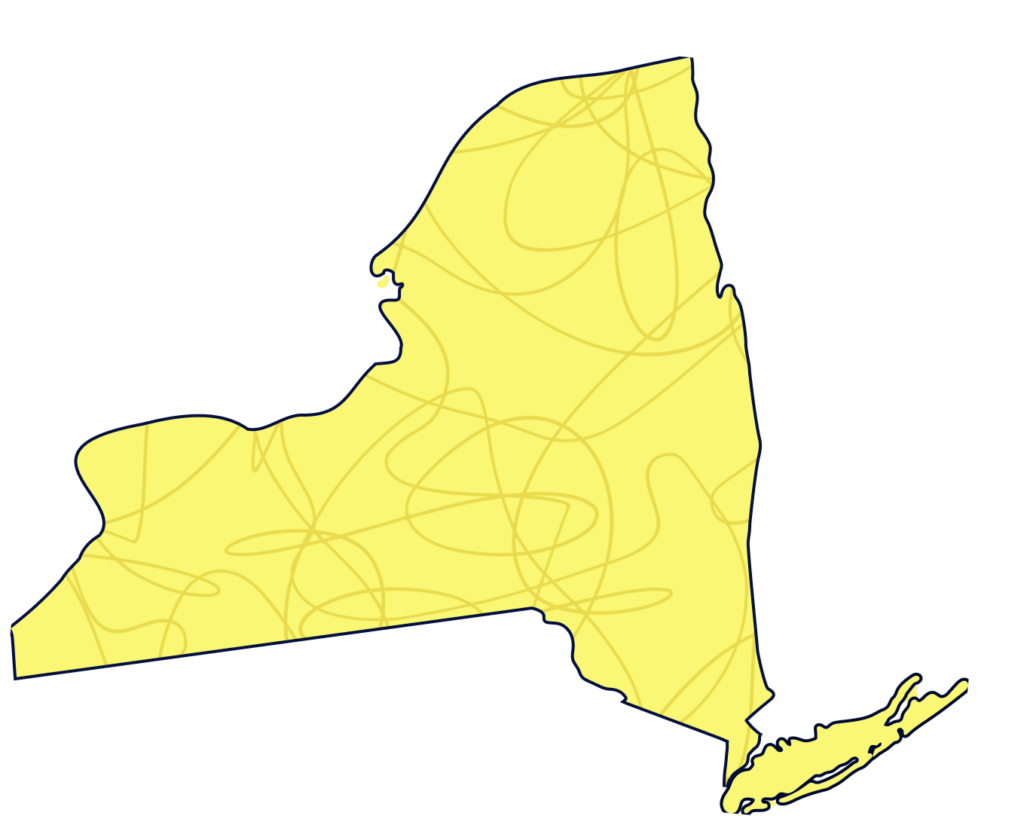Already a Patient? Call 212-476-0905
Already a Patient? Call 212-476-0905
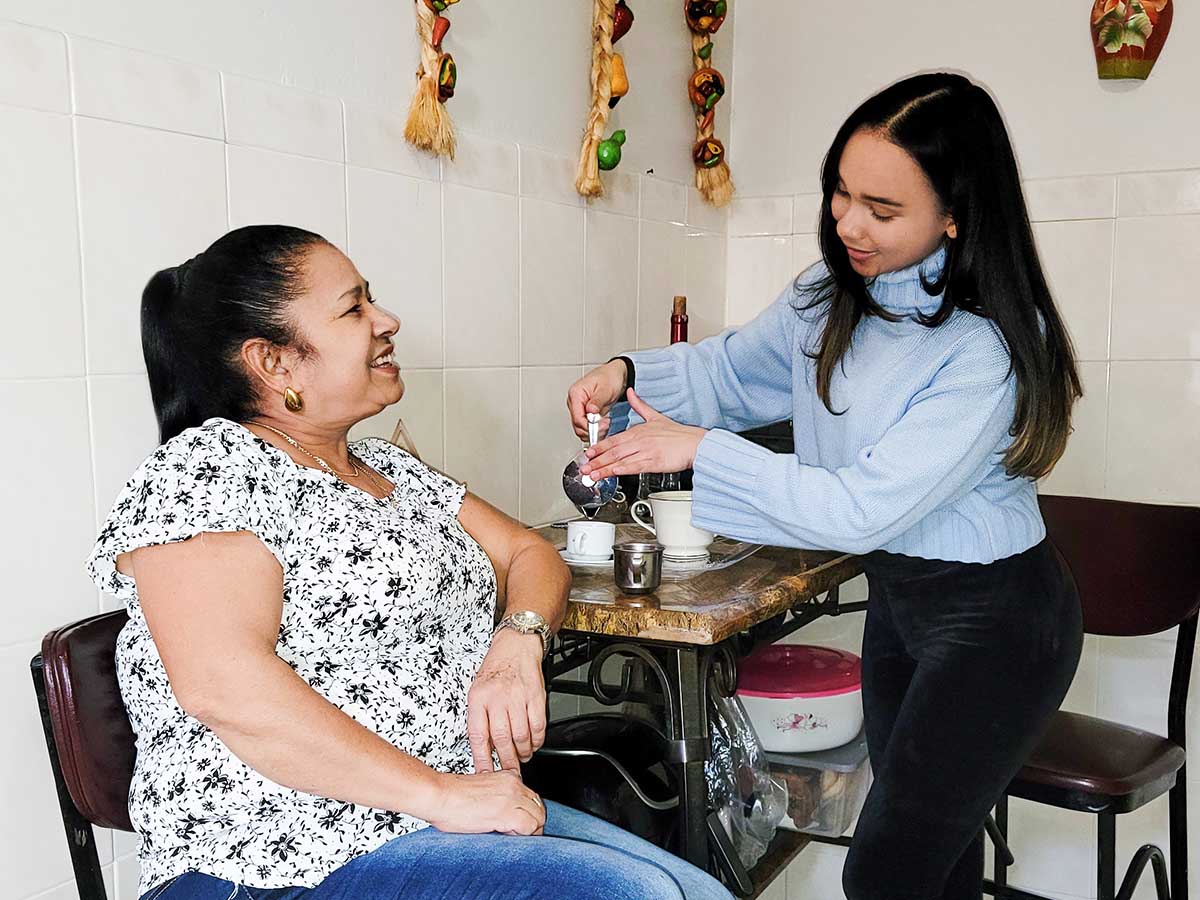
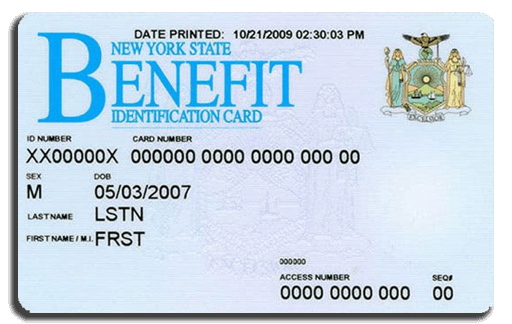
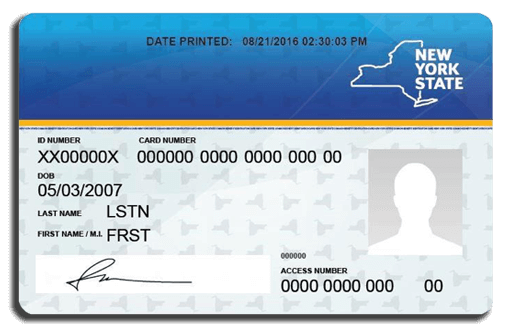
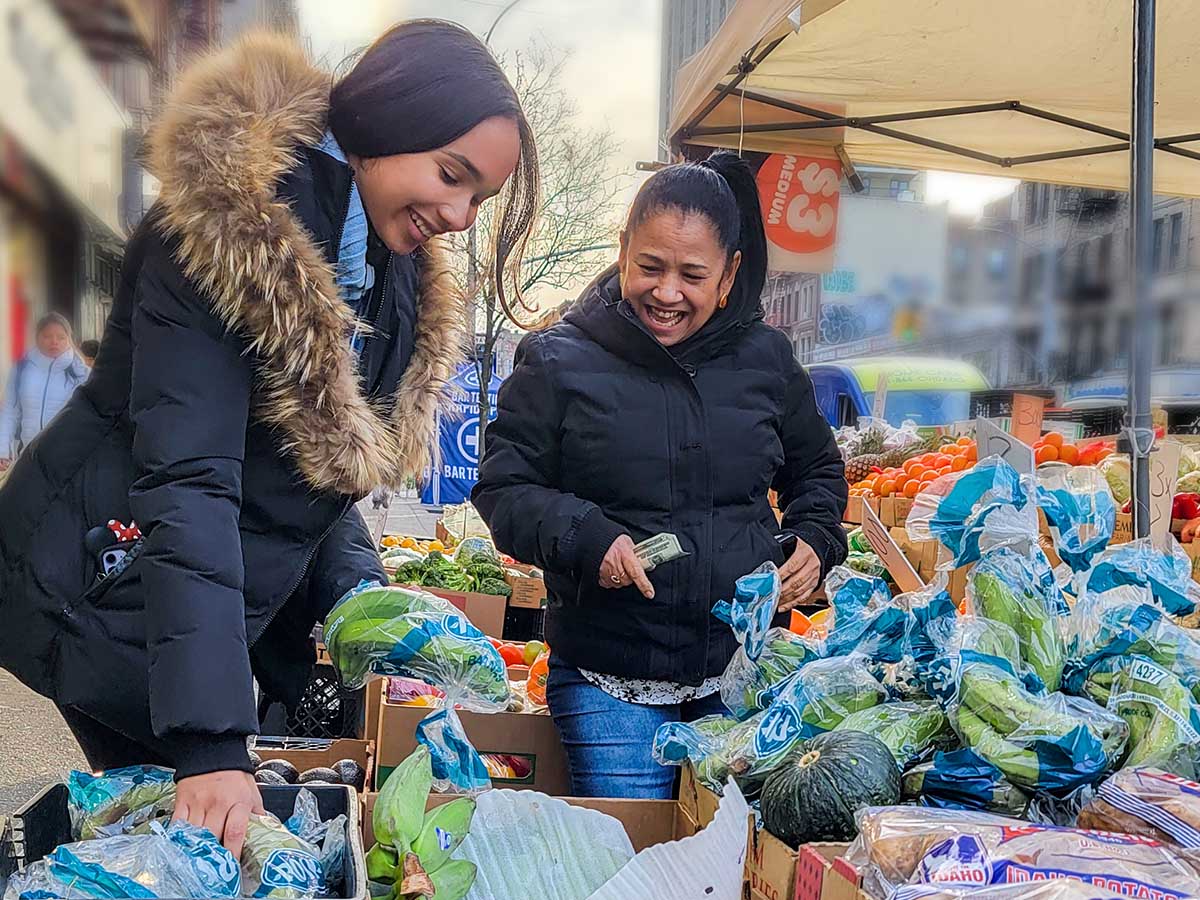



A Friends & Family Home Care team member will reach out ASAP.
Or call the Phone Number below for immediate assistance:
1-866-284-3236
By submitting this form you consent to receive phone calls, SMS, email, and other forms of communication as it pertains to our services.
We are with you every step of the way
We walk your caregiver through all paperwork and procedures. In-office or remote training and onboarding are available.
Your team is available 24/7, so you always have support.
Stay up to date with yearly training on the latest techniques, tools, and technology.
The Consumer Directed Personal Assistance Program in Manhattan allows individuals to choose and hire caregivers through Medicaid. This flexibility means those needing assistance can opt for care from trusted family members or friends, providing comfort and familiarity in their daily routines.
To qualify for CDPAP services in Manhattan, you must:
Other factors influence your eligibility. If you fit these criteria, contact a local CDPAP provider to explore enrollment possibilities.
The CDPAP program in Manhattan is funded through Medicaid, allowing caregivers to receive proper compensation. Payment processing is managed by a fiscal facilitator and supported by CDPAP agencies.
These organizations provide caregiver training and guidance to maintain compliance with Medicaid program requirements.
The CDPAP enrollment begins by contacting an approved CDPAP agency or a local financing partner. Applicants must verify their Medicaid eligibility, complete required CDPAP forms, and participate in a registration session with an enrollment specialist.
For smooth CDPAP enrollment, the local Department of Social Services or an MCO may guide the sign-up process.
CDPAP caregivers receive the necessary training to meet the program’s standards. While caregivers do not require formal certification like Home Health Aides (HHAs) or Personal Care Aides (PCAs), they must complete caregiver training through their chosen CDPAP agency or fiscal intermediary. Training covers basic caregiving, first aid, CPR, and specialized care.
Background checks and reference verification are mandatory to verify if all personal assistants are qualified to provide quality Medicaid-funded home care.
CDPAP caregivers in Manhattan may work with multiple patients, coordinating their hours across cases based on the authorized CDPAP maximum hours. Medicaid-managed care programs or the local Department of Social Services approves care plans for compliance.
Patients may hire multiple personal assistants to manage duties effectively. These assistants are supported by fiscal intermediaries and the facilitator network, which help with schedule adjustments and caregiver transitions as needed.
The pay and benefits for caregivers under CDPAP depend on several things. Medicaid sets the payment rates, which can vary based on the type of service and where you live in New York. Rates in Manhattan might be higher depending on the neighborhood.
Caregivers are usually paid by the hour, so more hours of care mean more pay. For example, in Manhattan, caregivers receive up to $21.64 per hour. However, the exact amount can change due to different factors, like the cost of living and the availability of caregivers in the area.
In Manhattan’s CDPAP program, consumers who need home care and have Medicaid can choose their caregivers, including family members and friends. Parents can hire their children as caregivers, and adults can employ their parents, provided the child is over 21. Siblings can also be selected as caregivers, although spouses are not eligible to hire each other.
There are no licensing or certification requirements for caregivers, and the consumer or their representative is responsible for training. Unlike traditional home health aides, CDPAP caregivers can perform skilled services.
